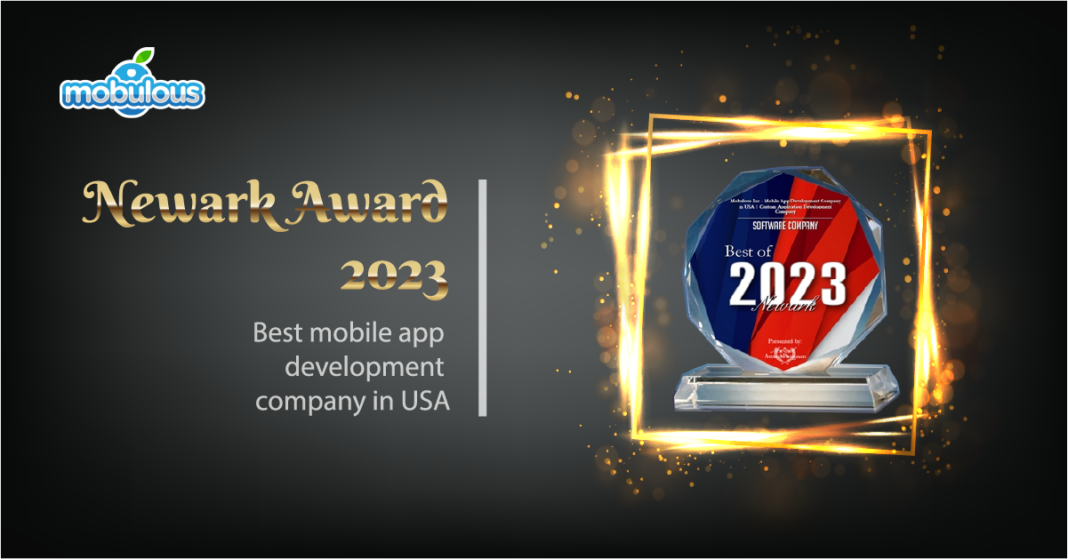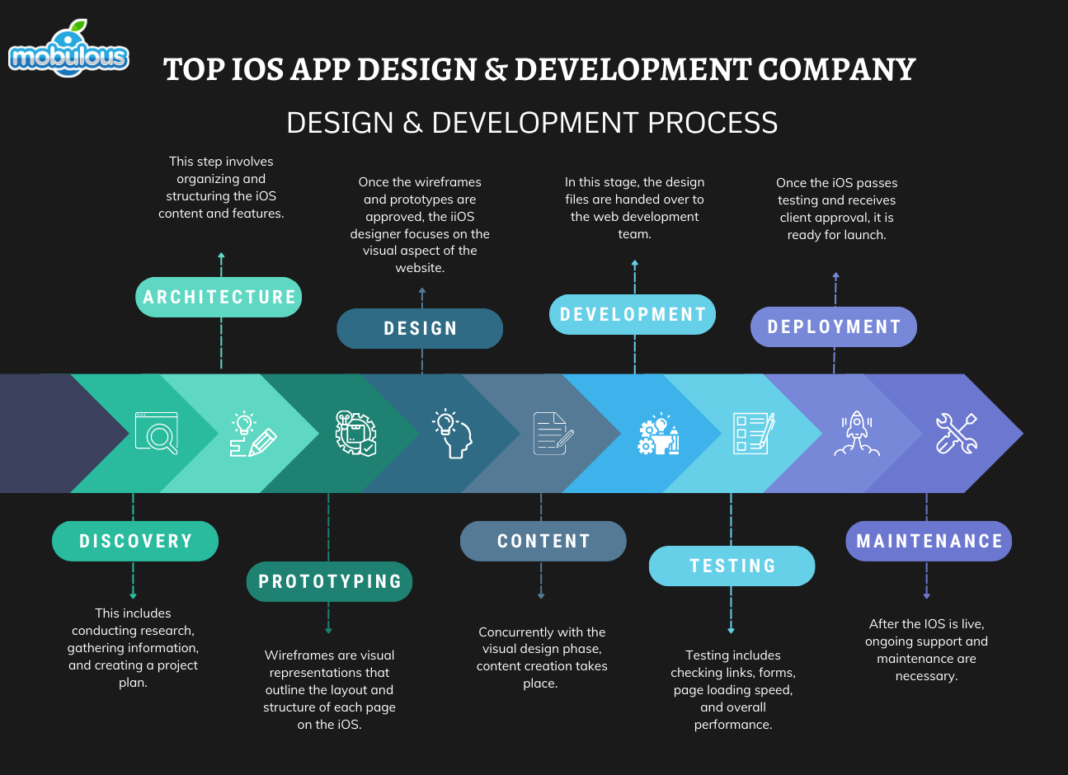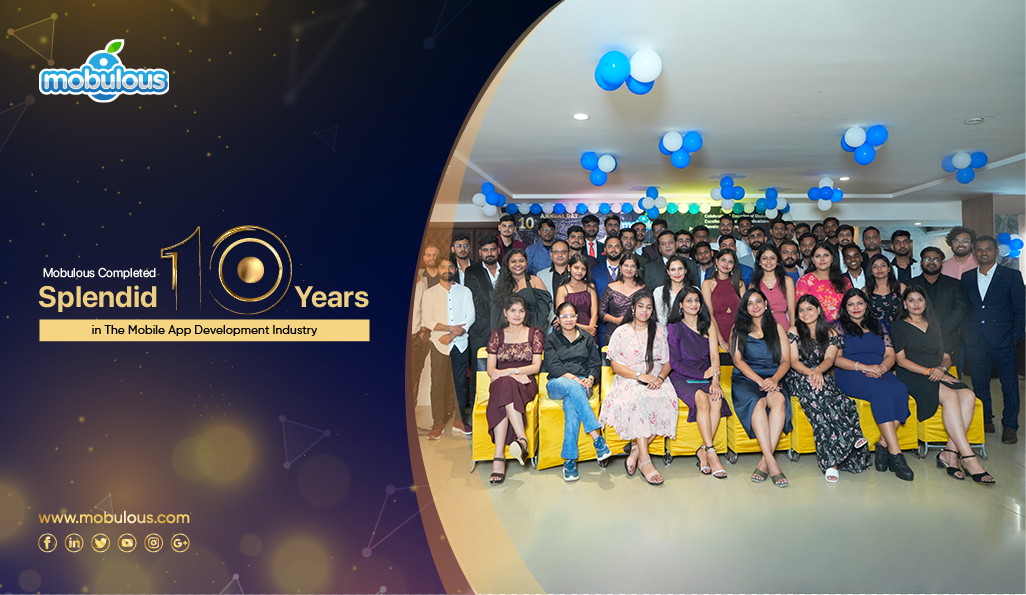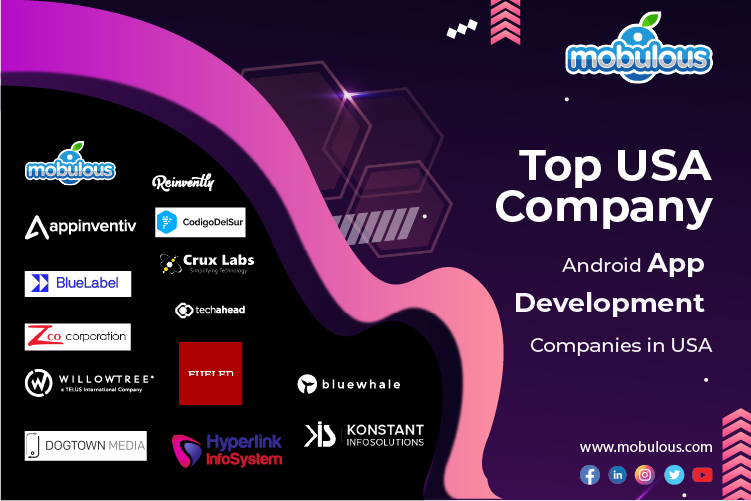What is Real Estate App Development?
Real estate app development usually involves developing digital solutions that simplify property buying, selling, and rental processes.
These apps incorporate complex technologies and industry-specific features in order to foster management, communication, and property transactions between diverse stakeholders in the real estate market, enriching overall efficiency and user experience.
Benefits of Real Estate App Development
Real estate apps offer transformative benefits for businesses operating in the property market. These digital solutions provide numerous advantages that improve operational efficiency and user experience while driving business growth. These benefits are mentioned below:
1. Enhanced User Experience
Digital platforms provide seamless property search and transaction experiences through intuitive interfaces, virtual property tours, and advanced search filters.
Mobile accessibility allows users to browse properties anytime and anywhere, while interactive features foster quick responses to inquiries and streamlined communication channels.
2. Increased Market Reach
Mobile apps expand market presence by reaching broader audiences across diverse geographical locations.
Digital platforms permit property listings in order to gain maximum visibility, attract qualified leads, and connect with potential buyers or tenants worldwide, significantly expanding business opportunities.
3. Improved Operational Efficiency
Digital solutions automate routine tasks, thus reducing manual operational costs and manual efforts.
Property management features simplify listing updates, rent collection, tenant screening, and maintenance management, while analytical tools provide valuable insights for data-driven decision-making.
4. Better Lead Generation
Mobile apps capture and nurture potential leads through integrated CRM systems and automated follow-up processes.
Lead tracking, management, and qualification become more effective, while targeted notifications keep prospects engaged throughout their property search journey.
5. Real-Time Communication
Digital platforms allow for quick communication between property agents, buyers, sellers, and renters.
In-app messaging, document-sharing features, and notification systems foster instant responses and effective negotiation processes, enhancing customer satisfaction and closing rates.
6. Data-Driven Insights
Real estate apps provide beneficial analytics and reporting capabilities for market trends and user behavior.
These insights help in making informed decisions about pricing tactics, property investments, and marketing campaigns while optimizing business operations.
Essential Features of Real Estate App Development
Modern real estate apps need specific features in order to deliver optimal functionality and user experience. The most crucial features that make a real estate application competitive and successful are explained below one by one:
1. Advanced Search Functionality
Property search systems or advanced search functionality incorporate different filters such as price range, location, property type, and amenities.
Integration with mapping services allows for geographical search capabilities, while saved search preferences and alerts keep users informed about relevant listings.
2. Property Listing Management
Comprehensive property listing management systems enable seamless addition, editing, and removal of property listings.
These features include detailed property descriptions, various image uploads, property history, and pricing information in order to ensure accurate and updated property information.
3. Virtual Tours and 3D Viewing
This feature offers interactive virtual tour capabilities to users that provide them with immersive property viewing experiences without physical visits.
Integration of 360-degree views, augmented reality features, and 3D walkthroughs allow for comprehensive property exploration from any location.
4. User Authentication and Profiles
User authentication and profile feature offers secure user registration and authentication systems that safeguard user data and authorize personalized experiences.
Profile management features enable users to save preferences, maintain communication history, and track favorite properties.
5. Real-Time Messaging
The real-time messaging feature offers real-time communication systems that foster direct interaction between stakeholders.
These features generally include quick messaging, notification systems, and multimedia sharing in order to ensure effective communication and instant response times.
6. Payment Integration
Secure payment gateway functionality enables protected financial transactions within the real estate mobile application.
Integration with different payment methods, extensive transaction history, and automated recurring payments simply provide convenient payment management.
7. Property Analytics
Property analytics are another feature that should be integrated into your real estate apps as these data analytics tools provide insights into property market trends and user behavior.
These features include market analysis, price comparison, performance metrics, and ROI calculations in order to support informed decision-making.
8. Notification System
Advanced notification systems are robust features that keep users informed about relevant activities and updates.
Push notifications, in-app messages, and email alerts deliver on-time information about price changes, new listings, and crucial communications.
How to Create a Robust Real Estate App?
Building a successful real estate app requires careful planning and execution. As a result, you should follow a structured real estate app development approach that ensures the delivery of a top-quality product that meets extensive market demands. The essential steps for real estate app development are explained below comprehensively:
1. Market Research and Analysis
Thorough market research helps identify target audience needs, competitor offerings, and market gaps.
Analysis includes studying user preferences, examining successful applications, evaluating current market trends, and defining unique value propositions to create a competitive application.
2. Feature Planning and Prioritization
Strategic feature planning involves identifying core functionalities and additional features based on user needs and business goals.
Prioritization considers user value, development complexity, and resource requirements while creating a balanced feature set that delivers maximum impact.
3. Technology Stack Selection
Choosing appropriate real estate app development technologies and frameworks ensures optimal application performance and scalability.
The selection criteria include platform requirements, development efficiency, maintenance considerations, and integration capabilities while considering future expansion possibilities.
4. Development and Testing Process
Implementation follows agile methodologies with regular testing and quality assurance measures.
The real estate app development includes iterative coding, continuous integration, comprehensive testing across platforms, and performance optimization to ensure reliable functionality.
5. Launch and Maintenance Strategy
Post-launch activities ensure successful application deployment and ongoing optimization.
The strategy includes app store optimization, user feedback collection, performance monitoring, regular updates, and continuous improvement based on user behavior and market demands
Right Technology Stack For Real Estate App Development
Selecting the appropriate technology stack is essential for creating robust, user-friendly, and highly scalable real estate mobile apps. A comprehensive overview of the ideal technology stack for real estate app development is given below:
1. Frontend Development
- Frameworks: React.js, Angular, or Vue.js ensure dynamic and responsive user interfaces.
- Languages: HTML5, CSS3, and JavaScript for web-based platforms.
- Native Mobile: Swift (iOS) and Kotlin/Java (Android) for optimized performance.
- Cross-Platform: Flutter or React Native for cost-effective development.
2. Backend Development
- Programming Languages: Python, Java, Ruby, or Node.js for building scalable and high-performance backends.
- Frameworks: Django, Spring Boot, Ruby on Rails, or Express.js for streamlined development.
- Database Management:
- Relational: PostgreSQL or MySQL for structured data.
- Non-relational: MongoDB for flexibility with large datasets.
3. APIs and Integrations
- Maps Integration: Google Maps API for property location and directions.
- Payment Gateways: PayPal, Stripe, or Razorpay for secure transactions.
- Chat Features: Twilio or Firebase for in-app messaging.
- Data Analytics: Mixpanel or Google Analytics for tracking user behavior.
4. Cloud Services
- AWS, Microsoft Azure, or Google Cloud Platform for reliable hosting, scalability, and data storage.
5. Emerging Technologies
- AR/VR: Unity or ARKit/ARCore for virtual property tours.
- AI and ML: TensorFlow or IBM Watson for personalized property recommendations and chatbots.
- Blockchain: Ethereum or Hyperledger for secure property transactions.
6. DevOps Tools
- Docker and Kubernetes for containerization and deployment.
- Jenkins for continuous integration and delivery.
7. Testing Tools
- Selenium, Appium, or TestRail for ensuring app quality and performance.
8. Security Frameworks
- OWASP guidelines for secure coding practices.
- SSL/TLS encryption for data transmission.
- OAuth2.0 or JWT for secure authentication.
Best Platforms For Real Estate App Development
Choosing the right platform for real estate app development is essential for reaching target audiences efficiently. Every platform offers exceptional benefits and capabilities that can improve user experience and market reach. The best platforms for real estate app development are explained below comprehensively:
1. iOS App Development
iOS platforms provide a premium user experience and high-security standards for real estate apps. iOS app development is done using Swift or Objective-C programming languages allowing for seamless integration with Apple ecosystems, employing features like Apple Pay, Face ID, and Siri.
iOS users generally show higher engagement and transaction values which makes it ideal for luxury real estate markets.
2. Android App Development
Android app development offers comprehensive market reach because of its extensive user base and device compatibility.
Real estate app development for Android devices is done using Java or Kotlin programming languages that enable customization across diverse devices and screen sizes.
Android’s flexible ecosystem allows for integration with various Google services, providing comprehensive functionality for property search and management features.
3. Web App Development
Web apps ensure accessibility across all devices through browser interfaces. Web application development is done by using modern frameworks like Angular and React in order to create responsive designs that adapt to diverse screen sizes.
Web applications offer seamless updates, maintenance, and integration capabilities while providing comprehensive property management and analytical features.
4. Cross-Platform App Development
Cross-platform app development solutions allow for simultaneous development for different platforms by using frameworks like Flutter and React Native.
This methodology reduces development time and costs while maintaining consistent functionality across platforms.
Single codebase management ensures seamless updates and maintenance while providing native-like performance.
How to Search For Properties on a Real Estate App?
Real estate apps provide multiple search options to help users find their ideal properties efficiently. Here are the key search methods available:
- Location-based Search: Find properties in specific neighborhoods or areas using map integration.
- Filter-based Search: Sort properties by price, size, type, and amenities.
- Saved Searches: Save your favorite search criteria for quick access later.
- Advanced Filters: Refine searches with detailed specifications like parking, age, or views.
- Map View: Explore properties visually on interactive maps with price indicators.
Is There Any Option For Virtual Property Tours in the Real Estate Apps?
Modern real estate applications integrate sophisticated virtual tour technologies, enabling immersive property exploration without physical visits.
These advanced features include 360-degree panoramic views, interactive 3D walkthroughs, augmented reality room visualizations, and detailed floor plan examinations.
Users can virtually walk through properties, assess spatial dimensions, and experience realistic property representations, facilitating remote property evaluation and informed decision-making.
What Payment Methods Are Supported in the Real Estate App?
Real estate applications support multiple payment methods to facilitate smooth and secure financial transactions. Diverse payment options ensure convenience and accessibility for users across different platforms and preferences.
1. Credit and Debit Card Payments
Digital platforms integrate secure payment gateways supporting major credit and debit cards. Multiple card network compatibility ensures seamless transaction processing with robust encryption and fraud prevention mechanisms for financial security.
2. Digital Wallet Integration
Mobile payment solutions like Apple Pay, Google Pay, and PayPal enable instant, secure transactions. These digital wallets provide quick payment options, reducing transaction friction and offering additional layers of financial protection.
3. Bank Transfer Options
Direct bank transfer capabilities allow users to complete property-related transactions directly from their bank accounts. Integrated banking systems ensure secure, verified transactions with comprehensive transaction tracking and documentation.
4. Cryptocurrency Transactions
Blockchain-based payment methods support cryptocurrency transactions for property-related payments. Advanced security protocols and smart contract technologies enable transparent, decentralized financial exchanges with reduced intermediary involvement.
Can Properties Be Listed For Sale or Rent?
Real estate applications provide comprehensive listing capabilities for both property sales and rentals. Property owners, agents, and managers can easily upload detailed listings, including high-resolution images, comprehensive descriptions, pricing information, and specific property features.
These platforms support various property types, from residential homes to commercial spaces, facilitating seamless property marketing and discovery.
What Security Measures Are in Place For Transactions?
Real estate transactions involve sensitive financial and personal information, requiring robust security protocols. Here are key security measures implemented:
- Encrypted data transmission protects user information from unauthorized access.
- Multi-factor authentication verifies user identities during critical transactions.
- Secure payment gateways prevent fraudulent financial activities.
- Compliance with international data protection regulations ensures user privacy.
Is the Real Estate App Compatible With All Devices?
Real estate application transactions incorporate multi-layered security protocols to protect user data and financial information. Advanced encryption technologies safeguard sensitive details during transmission, while multi-factor authentication verifies user identities.
Secure payment gateways utilize tokenization and end-to-end encryption to prevent unauthorized access. Comprehensive fraud detection systems monitor suspicious activities in real time.
Compliance with international data protection regulations like GDPR ensures rigorous privacy standards. Regular security audits, biometric verification, and advanced firewall technologies provide additional protection against potential cyber threats and financial fraud.

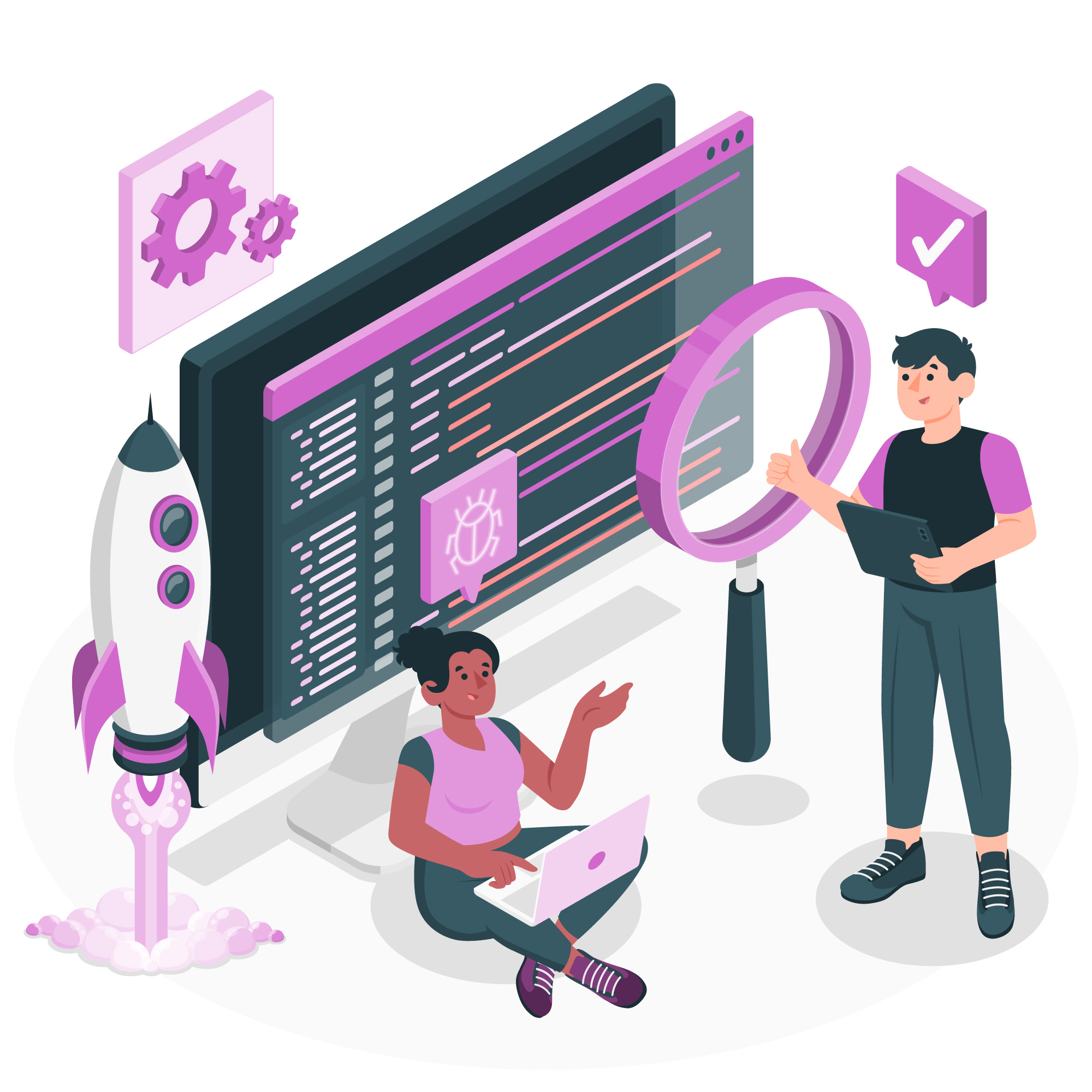

















 Industry Diversified
Industry Diversified 














